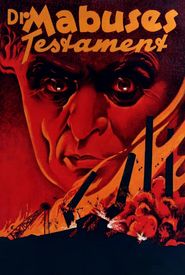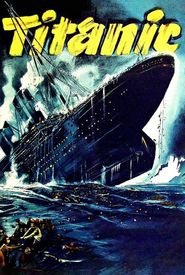Karl Meixner, a renowned and celebrated Austrian-Hungarian actor, burst forth into the world on February 13, 1903, within the enchanting and storied boundaries of Vienna, a city steeped in a rich and storied history, and at that time, a crucial and integral part of the vast and multifaceted Austrian-Hungarian Empire, a sprawling and complex entity that had evolved over centuries and had left an indelible mark on the world.
Meixner's impressive and storied career in the film industry has been marked by a profound impact on audiences worldwide, as evidenced by his captivating and memorable performances in a wide range of cinematic productions.
One of the most notable and influential films in which Meixner appeared is the 1933 masterpiece "The Testament of Dr. Mabuse", a work that has stood the test of time and continues to be celebrated for its innovative storytelling and groundbreaking visuals.
In addition to his work in "The Testament of Dr. Mabuse", Meixner also appeared in the 1935 film "Anekdoten um den alten Fritz", a production that showcases his impressive range and versatility as an actor.
Furthermore, Meixner's remarkable talent was also on full display in the 1944 film "Der verzauberte Tag", a captivating and enchanting work that has left a lasting impression on audiences and cemented his status as a master of his craft.
Through his extensive and storied career, Meixner has consistently demonstrated a remarkable ability to bring characters to life with depth, nuance, and emotional resonance, earning him widespread recognition and acclaim within the film industry and beyond.
Karl Meixner's extraordinary odyssey, characterized by an unyielding enthusiasm for creative self-expression and an unshakeable dedication to refining his artistic skills, culminated in a deeply moving finale on December 29, 1976, within the culturally rich and storied city of Hamburg, West Germany, a location that had evolved into a sanctuary of sorts for him.


















